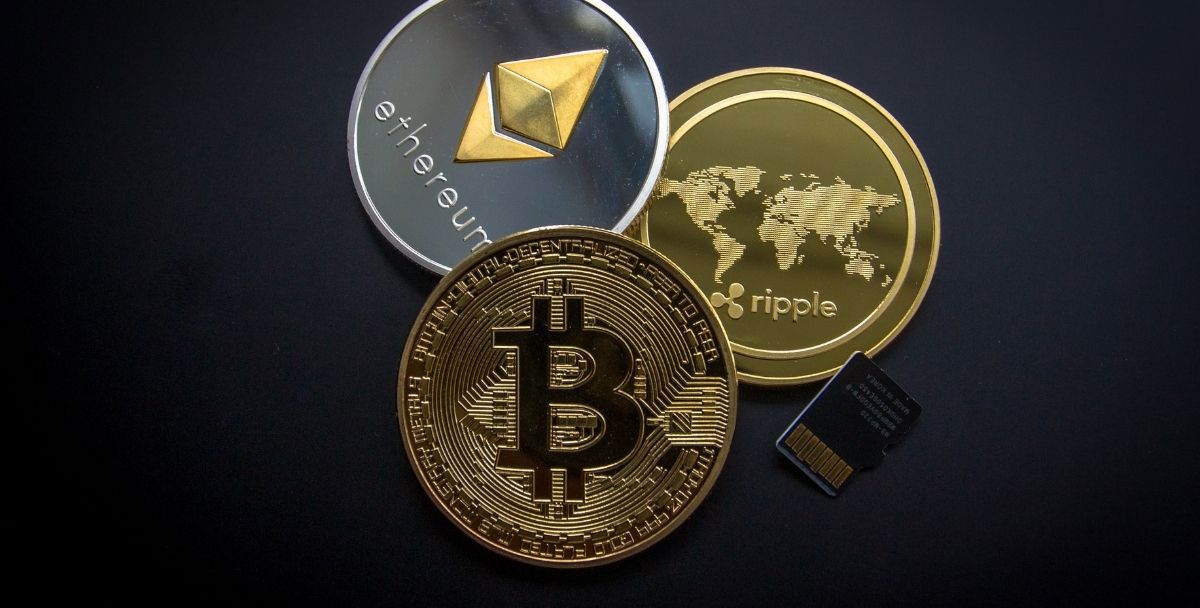How can AI transform the future of Cryptocurrency like Bitcoin?

The cryptocurrency market is one of the disruptive techs in the financial space. Cryptocurrencies are transforming the world as the Internet did some decades ago. It’s spreading rapidly, bringing with it a new wave of opportunities but also uncertainties and risks that have to be carefully evaluated before making any choices.
The future of cryptocurrencies and their market value is uncertain and highly volatile. They can be traded on exchanges and used as payments. Many people now choose to hold cryptocurrencies as stocks, betting that the demand will rise over time, which will increase the price of those coins. Some others use them as a speculative short-term investment and sell them at the first signs of a price decline.
Bitcoin is an excellent example of the use of Blockchain technology. So, this article explains Bitcoin using some simple analogies:
Imagine a big Container filled with money (let’s say 10,000 dollars). Every person can see inside and put some dollars into the container or take some from it. But everyone can see how much money is in the container at a given moment.
This means that someone can calculate how many dollars are in the container and try to profit by knowing what other people will do with their “digital dollars” before doing it.
But there’s a problem: To make a profit, you need two things: first, you need to know how many dollars are in the container. Second, you should double spend your digital money. For example, if I have 10 “digital dollars” and could use them twice – that’s a great business!
In our real-world example, it’s trivial to double spend the dollars because – as I mentioned before – they are physical objects (paper money). But there is no way of knowing how many “dollars” someone has until you send them some on the Internet. And if you want to send some more after that, you need to be sure that the recipient has accepted your first payment. And that’s where blockchain comes in:
The solution here is to distribute the money between different people, give some of them the ability to validate if new payments are legit or not and make sure everyone has a copy of the complete transactions history so they can check their balance. Check more at https://bitcoin-supersplit.com .
And that’s precisely what blockchain does! Here’s an example is given by Satoshi Nakamoto himself:
“When a node receives a block, it checks the signatures of every transaction in it against previous transactions in blocks. Only valid blocks are accepted. This is because each block contains one or more transactions.”
The “from” and “to” wallets are entirely digital – that is, the account numbers are right there in the transaction records so that they can be easily checked for correctness by another computer. Each transaction is valid if its “value” is greater than or equal to the sum of all other transactions’ values AND if its input is a valid digital signature for this wallet.
That’s it! It all comes down to the fact that wallets are entirely digital, and everyone has access to their public key. The Blockchain network distributes money between wallets, verifies transactions, and ensures no one double spends their money. And because the information about every transaction is public, no one can double-spend their money – the network will ignore such transactions.
Another great thing about Blockchain technology is smart contracts! Imagine that you have deployed a business logic on the blockchain, and every time someone sends some money to your wallet, this contract executes its code. This allows the creation of autonomous organizations that exist only on the blockchain with no external control.
To conclude the explanation, it could be said that blockchain is an excellent technology for making decentralized applications and cryptocurrencies. And Artificial Intelligence can help solve problems with this technology in the future.
For example, if you want to predict how much money will be sent from one wallet to another, you can use machine learning to find the correct parameters of your model. There are many other possibilities – that’s why I’m a cryptocurrency trader and a blockchain advocate!
Conclusion:
Artificial Intelligence can help in making more relevant future predictions. And blockchain is excellent for creating decentralized applications and cryptocurrencies. So, there are many possibilities to combine them in the future!
